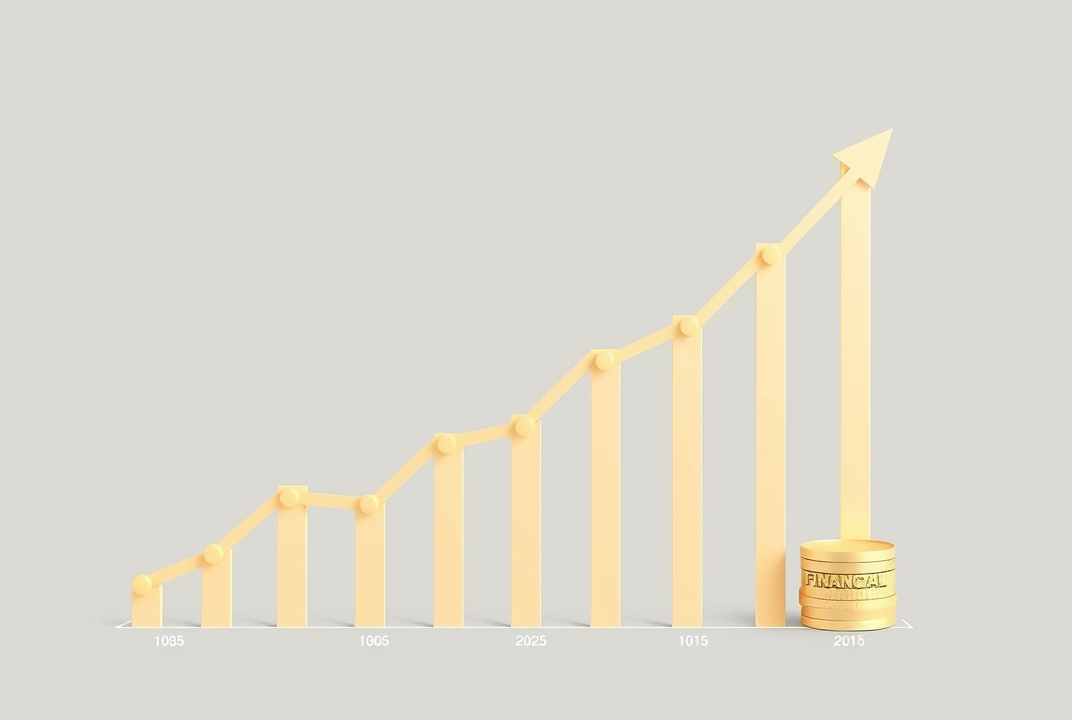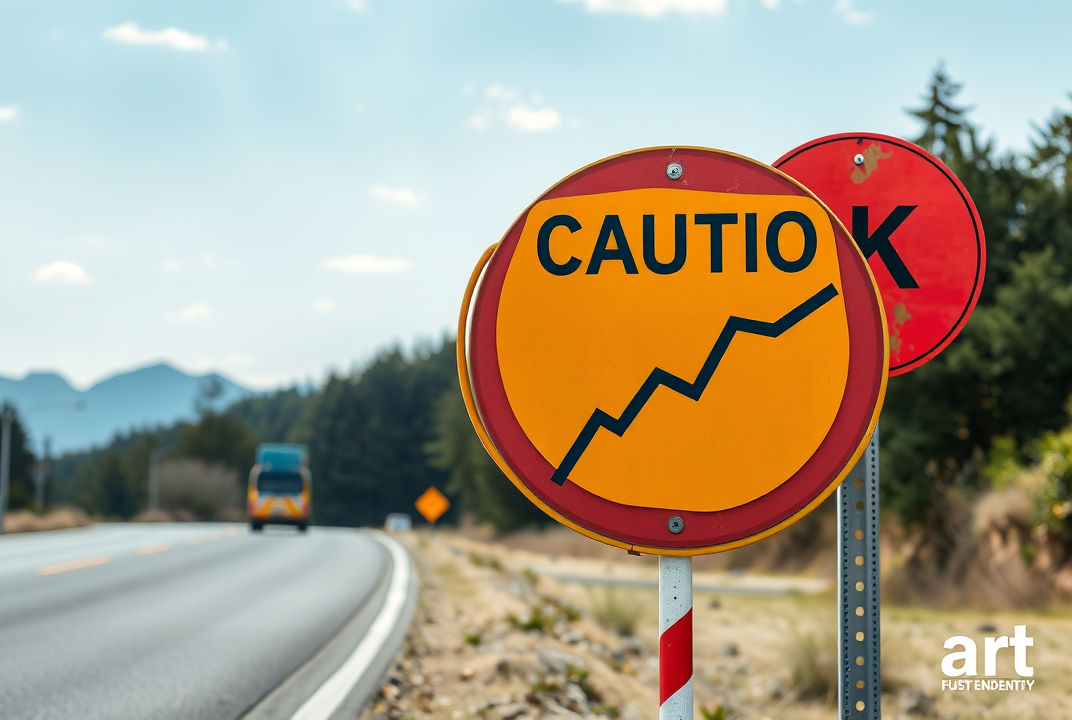Beyond Business: A Journey to Financial Independence and Stability

Introduction
Ever dreamed of a life where you're not tied to the 9-to-5 grind, where your hard-earned money works for you instead of the other way around? That's the essence of financial independence and stability. It's not just about accumulating wealth but ensuring you have the freedom to make choices, pursue passions, and embrace the unpredictability of life without financial anxiety.
In the pursuit of success, many have prioritized business over personal finance, often overlooking the long-term benefits of planning for financial independence. This post aims to shed light on achieving financial independence and the stability necessary to enjoy its perks without sacrificing your dreams.
What You'll Learn:
-
How to define financial independence and why it matters
-
Steps to attain financial stability
-
Strategies to plan investments and retirement
-
Common misconceptions and how to avoid pitfalls
Understanding Financial Independence
Financial independence is not the same as being rich. While wealth can contribute to financial independence, it's about having sufficient income to cover your living expenses without active work. It's the peace of mind of knowing you can meet your needs, whether through investments, savings, or other sources of passive income.
An essential aspect here is distinguishing between necessary and discretionary expenses. Knowing this difference can guide your journey towards achieving independence. Understand Your Needs Versus Wants: Understanding this separation helps allocate resources efficiently.

Recognizing that aspirations beyond monetary gains align with mental and emotional well-being helps anchor your planning. Pursuing experiences, growth opportunities, and freedom enriches life beyond the zeros in your bank accounts.
Building a Path to Financial Stability
Financial stability is closely tied to independence. It's the foundation upon which independence is built. Stability ensures that day-to-day needs are met, while independence offers choices for a diversified lifestyle.
1. Budgeting: The cornerstone of financial stability is a solid budget. Tracking expenses and income helps identify saving opportunities, understand spending habits, and set achievable financial goals.
2. Emergency Fund: A rainy-day fund is crucial. Aim to have three to six months of living expenses saved, providing a cushion against unexpected events.

Crafting a Forward-Thinking Investment Strategy
Investment is key to financial growth. Start with understanding risk tolerance and goals. Creating a balanced portfolio means diversifying investments to buffer against market volatility.
Stocks and Bonds: Building a mix ensures potential returns while mitigating loss risks. Stocks offer growth, while bonds provide stability.
Real Estate: Property investments can offer rental income and appreciation. Analyze market trends and potential returns before jumping in.

Planning for Retirement
Retirement planning should start early. Determining the lifestyle you desire in retirement guides your savings plan. Consider factors like health care, living arrangements, and travel.
401(k) and IRAs: Utilize employer-sponsored retirement plans and personal IRAs to maximize savings with tax advantages.
Diversification in Retirement: Don't rely solely on one type of investment. Diversification can safeguard against unexpected market changes.
Misconceptions and Pitfalls
Misconception 1: Financial independence means being rich. It's more about financial freedom and less anxiety about bills.
Misconception 2: It's too late to start. Any step towards improving financial health is worthwhile. Begin with small changes and watch them compound over time.
Pitfall 1: Over-risking investments without understanding. Avoid placing all assets in one basket to minimize loss risks.

Summary
Achieving financial independence and stability is a journey, one that combines planning, discipline, and a willingness to adapt as circumstances change. By understanding your true expenses, crafting a budget, investing wisely, and challenging preconceived notions, you can create a financially secure and fulfilling life.
For those ready to take the first step, start by evaluating your current financial status and setting practical goals. Whether it's crafting a budget today or researching investment opportunities, each step brings you closer to financial independence.
Conclusion
In the journey towards financial independence, remember it's about more than the money—it's the freedom to live life on your terms. With planning and perseverance, your goals are within reach. Begin today, and make strides towards a financially stable and independent future.
